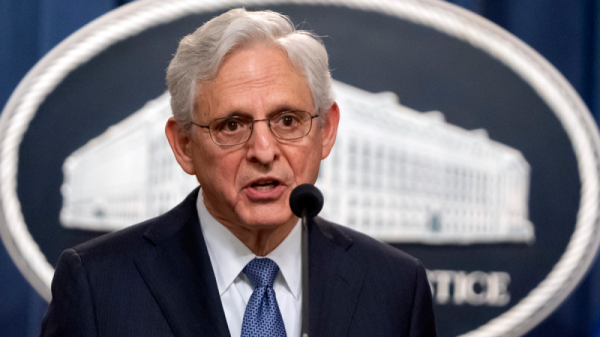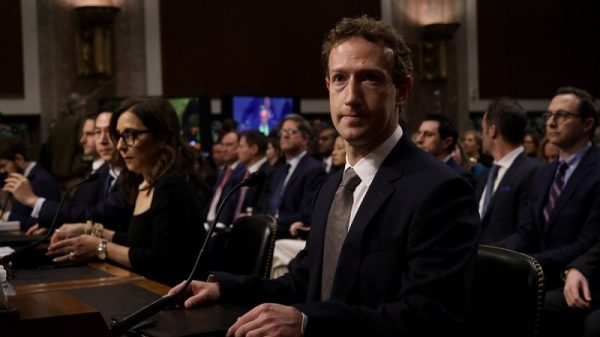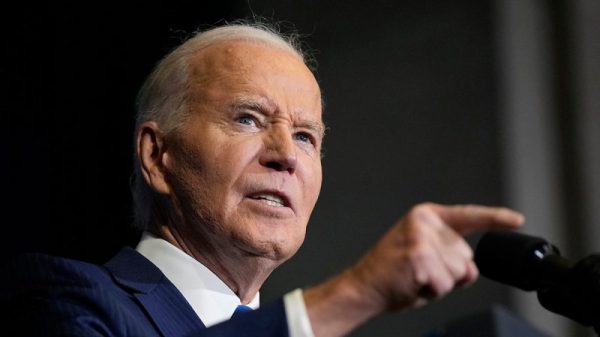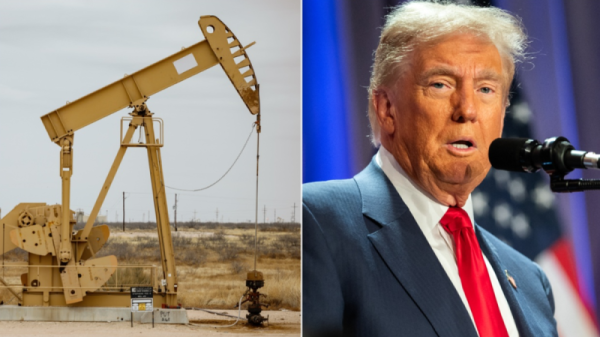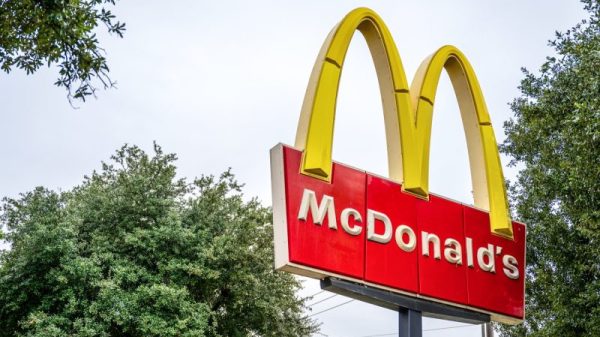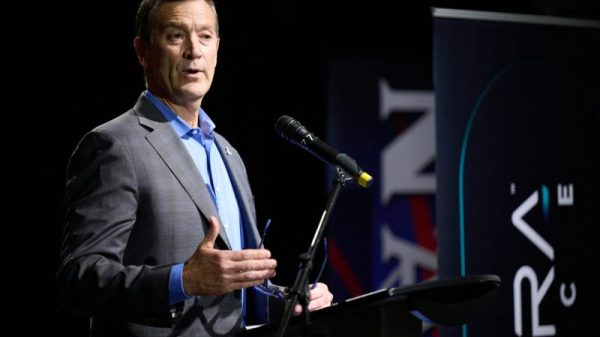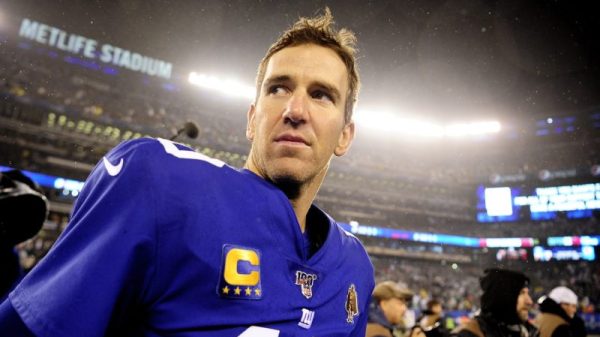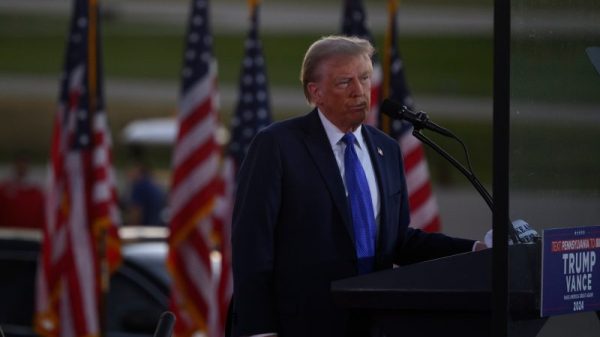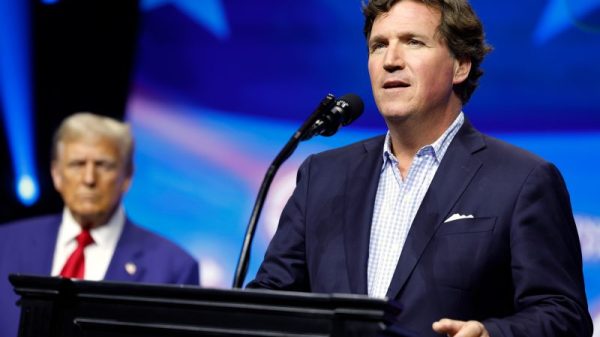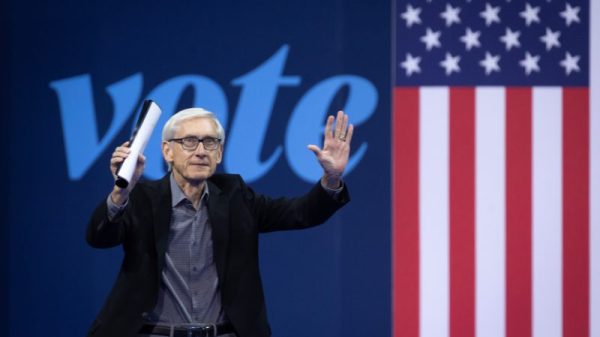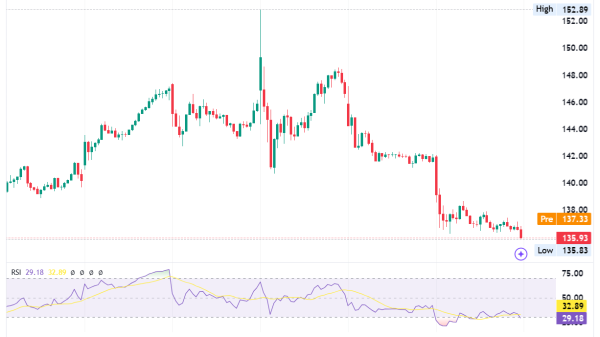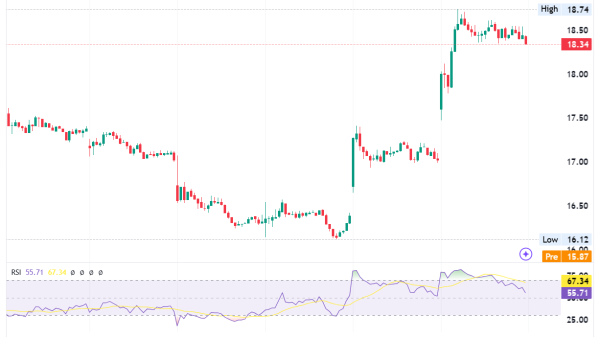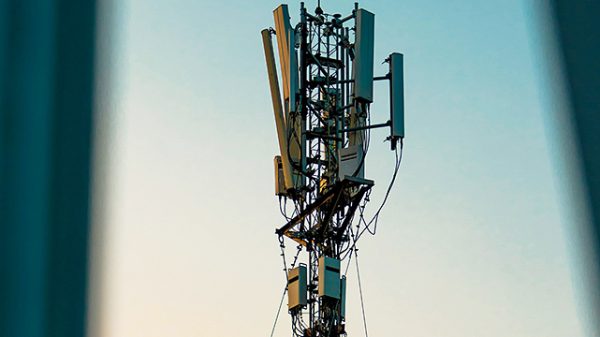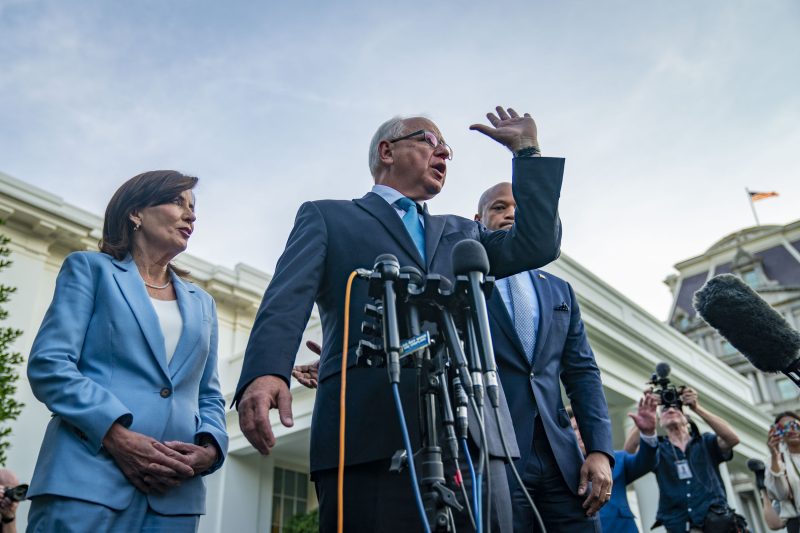Vice President Harris, until a few weeks ago President Biden’s running mate, has now selected Minnesota Gov. Tim Walz (D) to be her own. It seems very likely that the most common reaction to this pick will be a terse one: Who?
Walz, as governor of a state with fewer than 6 million people, is not a household name. In polling conducted for NPR and “PBS NewsHour” this month, Marist University found that more than 7 in 10 Americans didn’t know enough about Walz to have an opinion of him.
This does not mean, though, that Walz is a particularly problematic pick.
Before we get much further, we should point out that vice-presidential picks don’t really make that much of a difference in electoral results. Could the selection of Pennsylvania Gov. Josh Shapiro (D) have helped Harris win that must-win state? Maybe. But Shapiro isn’t terribly well-known either, with most Americans telling Marist that they don’t know enough about him to offer an opinion. It’s possible that Harris’s vetting team saw something in Shapiro — until recently, the favorite to be chosen — that made them wary about selecting him, worried about how people would react once they learned more about him. Or maybe Shapiro was simply too ambitious, as reports have suggested. Either way, the idea that he would have necessarily handed Pennsylvania to Harris is not a robust one.
One detail worth picking out of the Marist poll is that, among those with an opinion of both candidates, Walz actually outperformed Shapiro on favorability. This is an admittedly tenuous way to look at it, given how many people have no opinion on either politician. But it’s not the case that Walz is necessarily less popular than Shapiro. In Marist’s polling, his overall adjusted favorability (favorability among those with an opinion) sits midway between Shapiro and Sen. Mark Kelly (D-Ariz.).
Where Walz’s adjusted favorability is noticeably higher is among women and younger poll respondents. Those are both groups that the Harris campaign needs to have turn out and support her by big margins for her to be victorious. Likewise with non-White voters, among whom Walz again outperforms Shapiro when adjusting his favorability ratings.
Consider the shift in the race since Biden announced that he was withdrawing his bid for the nomination. Before he did so, there was a distinct apathy among many key constituencies in the Democratic coalition, including young, Black and Hispanic voters. Harris’s nomination has begun to turn that around, with members of those groups now expressing more enthusiasm about voting in recent polling.
In New York, for example, Siena College’s polling team released a new look at the presidential contest in that state. In June, Biden had a single-digit lead over Trump. Now, Harris has a 14-point one, in part a function of gains in support from women (up 13 points over Biden’s June position) and Black voters (up 22 points over Biden in June). In Marist’s polling, two-thirds of women who have an opinion of Walz view him favorably.
It’s possible that Walz’s relative anonymity will give Donald Trump and his allies an opportunity to try to define him (perhaps as someone who will “unleash hell on Earth,” as quick-response fundraising pitches from the Trump campaign put it). But it is safe to assume that Harris’s team feels confident that they can counteract such an effort, particularly given that the central opportunity to define Walz is coming up later this month at the Democratic National Convention.
As a general rule, it is safe to assume that political campaigns are more read into the likely effects of their decisions than are pundits — particularly pundits who tend to side with the opposing party. Harris and her team know more about the potential vice-presidential picks than do those pundits, and probably have a better sense, thanks to polling, of how those candidates’ backgrounds will play with the electorate than do outside observers. They know whom they want to reach, and they make choices such as the vice-presidential pick with that in mind. Maybe they will be proved wrong. But it’s silly to argue that the campaign is somehow underinformed.
Perhaps, then, the Walz pick — which was quickly praised by both the Democratic Party’s center and leftmost flanks — was a function of the campaign’s belief that he would boost enthusiasm among formerly apathetic Democrats in every state. Winning Pennsylvania is important for the party, certainly, but there are multiple ways to win it, including by giving Democratic voters a reason to turn out and not giving them a reason to stay home.
Or maybe this is, as some observers have offered, a dire mistake that will doom Harris’s candidacy. The safest bet, of course, is that it won’t make much difference at all.

